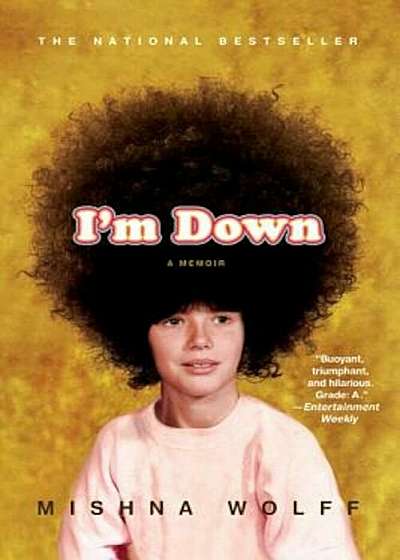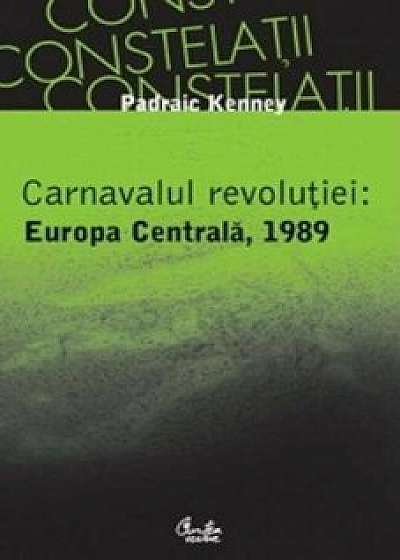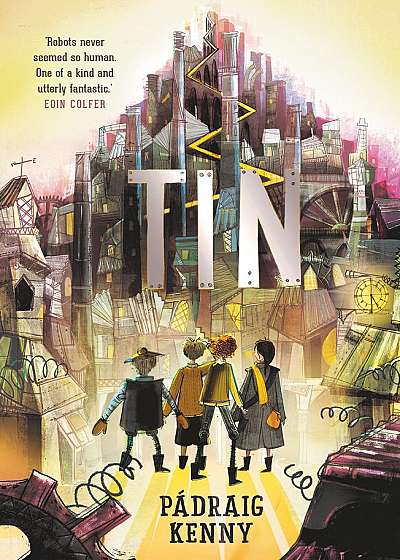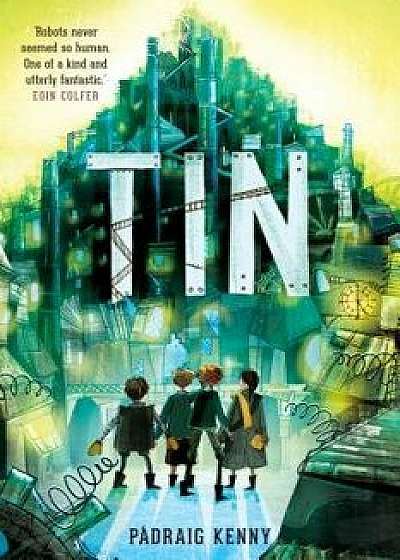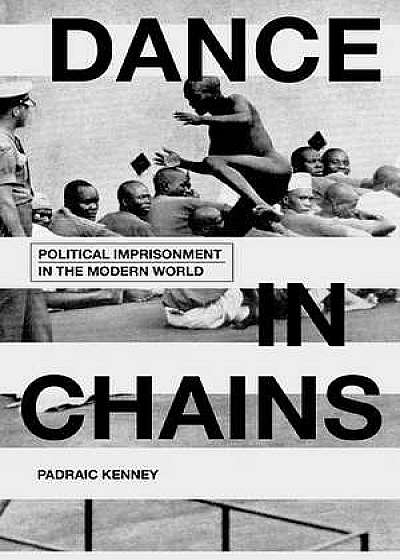
Dance in Chains
Descriere
What is it that political prisoners do? What part does the imprisoned activist play in the conflict between regimes and their opponents around the world? Why, in short, are there political prisoners? The answers to these questions may seem obvious, as political incarceration today seems to offer the clearest evidence of a repressive regime, and of a determined political opposition. Yet surely there are more effective alternatives, for both states and their opponents,than incarceration. Imprisoned opponents, like those of the African National Congress in South Africa, or of Solidarity in Poland, or of the Irish Republican Army in Northern Ireland —just to mention a few examples from the last quarter-century—may eventually claim or share power, while those whoare executed or exiled will not pose the same threat. From the opposition's point of view, in turn, imprisonment, even though it deprives the movement of a valued contributor, is often a badge of honor, and central to the story of contestation with the regime. So does prison contribute to the struggle, or is it a hindrance? Remarkably, the political prisoner has never received attention as a historical actor, our perceptions of them awash in clichés and archetypes. We think immediately of Nelson Mandela, or perhaps Václav Havel: good men, engaged in a moral struggle against bad regimes. But can that really be an acceptable definition, when Adolph Hitler too was a political prisoner? Can we understand what political prisoners are and what they do if we do not include those whose goals or ethics aredifferent from our own?Dance in Chains—the title inspired by a song composed by a socialist on death row in a Warsaw prison 120 years ago—draws upon research in Poland, Ireland, South Africa and includes over a dozen different regimes over the last 150 years. These cases are not primarily comparative, but serve as pillars holding up a global investigation of the phenomenon. In each case, generation after generation of political opponents has gone to prison since at least the turn of the twentieth century. Yet theyalso vary widely, as regimes ranging from communist to fascist to colonial to democratic has imprisoned an equally wide range of opponents. Taken together, they yield a sufficiently wide spectrum to allow the reader to understand one of the central characters of modern political history.
